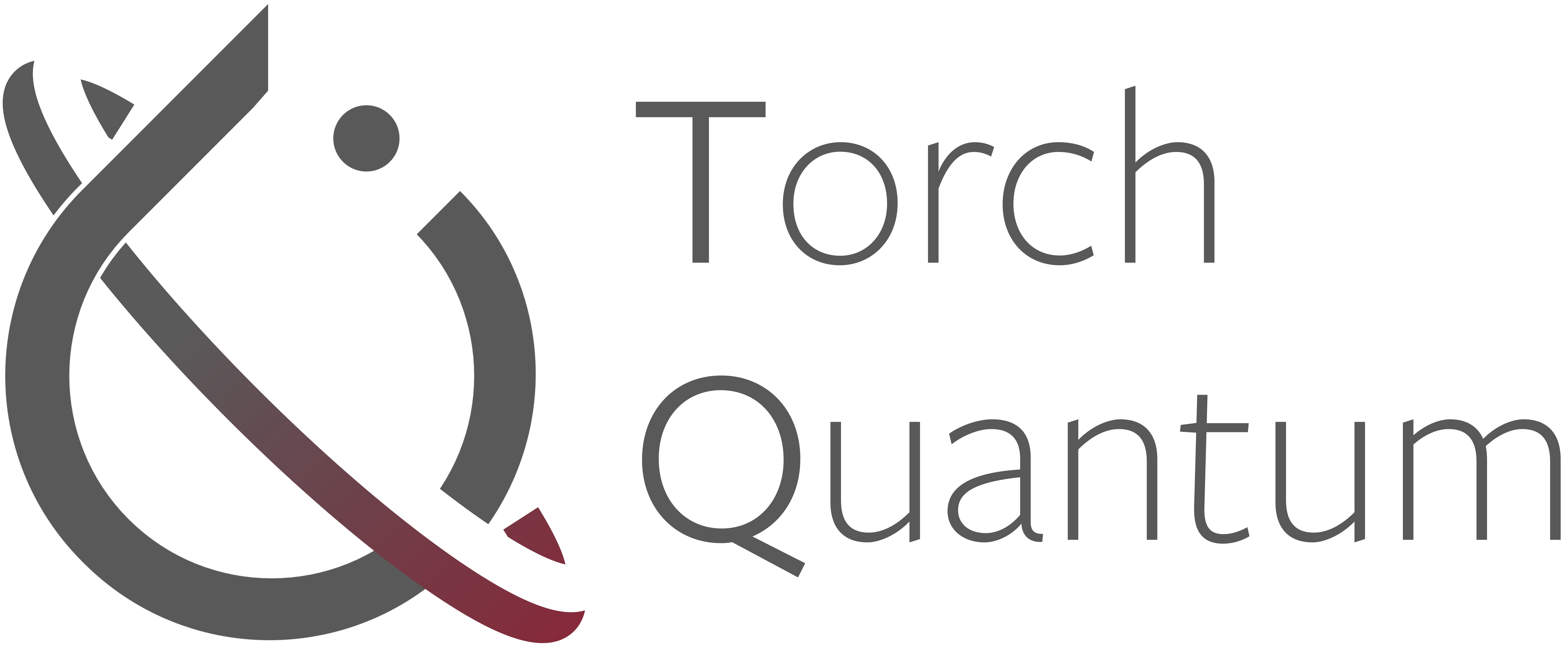QuantumNAT: Quantum Noise-Aware Training with Noise Injection, Quantization and Normalization
Parameterized Quantum Circuits (PQC) are promising towards quantum advantage on near-term quantum hardware. However, due to the large quantum noises (errors), the performance of PQC models has a severe degradation on real quantum devices. Take Quantum Neural Network (QNN) as an example, the accuracy gap between noise-free simulation and noisy results on IBMQ-Yorktown for MNIST-4 classification is over 60%. Existing noise mitigation methods are general ones without leveraging unique characteristics of PQC; on the other hand, existing PQC work does not consider noise effect. To this end, we present QuantumNAT, a PQC-specific framework to perform noise-aware optimizations in both training and inference stages to improve robustness. We experimentally observe that the effect of quantum noise to PQC measurement outcome is a linear map from noise-free outcome with a scaling and a shift factor. Motivated by that, we propose post-measurement normalization to mitigate the feature distribution differences between noise-free and noisy scenarios. Furthermore, to improve the robustness against noise, we propose noise injection to the training process by inserting quantum error gates to PQC according to realistic noise models of quantum hardware. Finally, post-measurement quantization is introduced to quantize the measurement outcomes to discrete values, achieving the denoising effect. Extensive experiments on 8 classification tasks using 6 quantum devices demonstrate that QuantumNAT improves accuracy by up to 43%, and achieves over 94% 2-class, 80% 4-class, and 34% 10-class classification accuracy measured on real quantum computers. The code for construction and noise-aware training of PQC is available in the TorchQuantum library.
PDF Abstract



 MNIST
MNIST